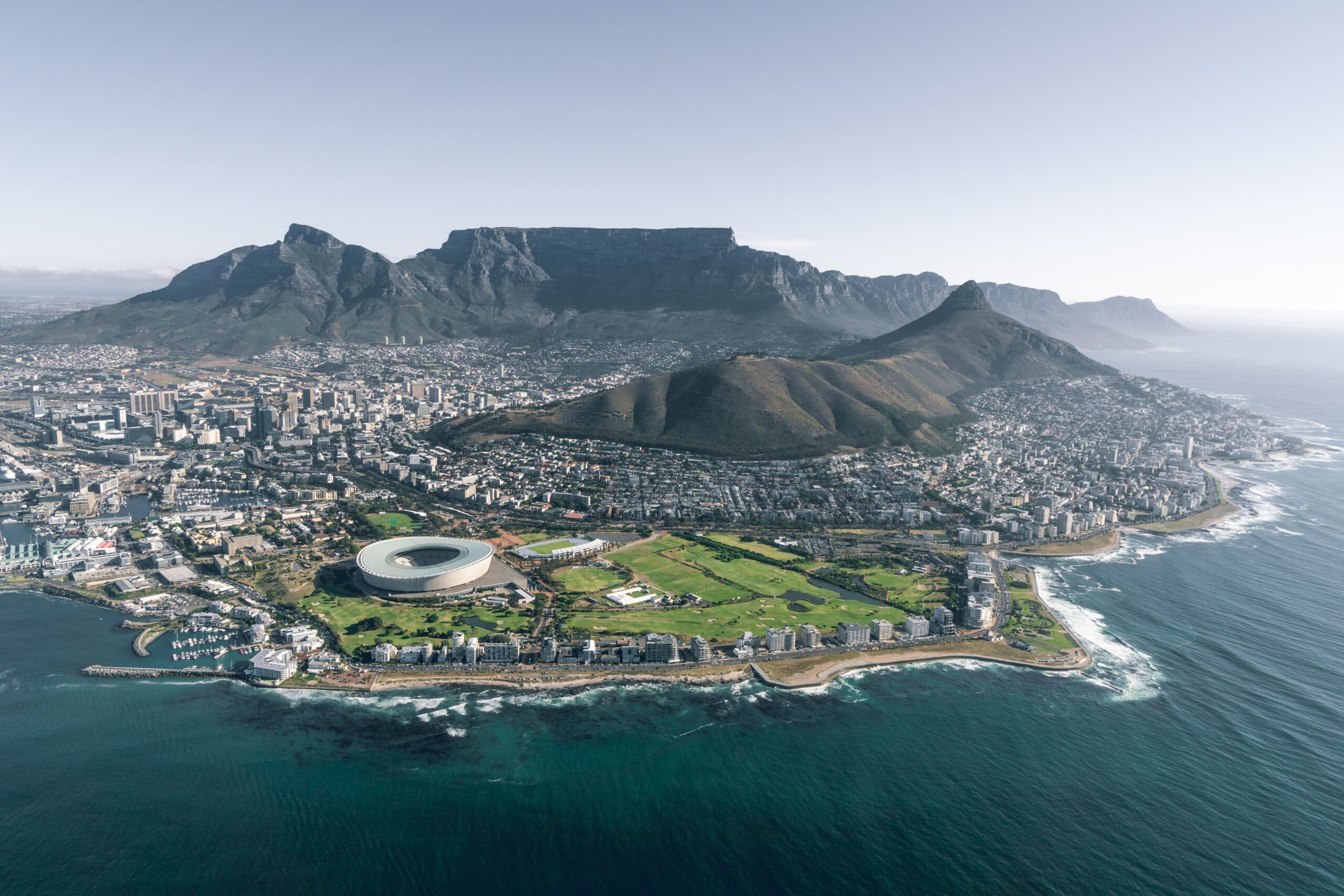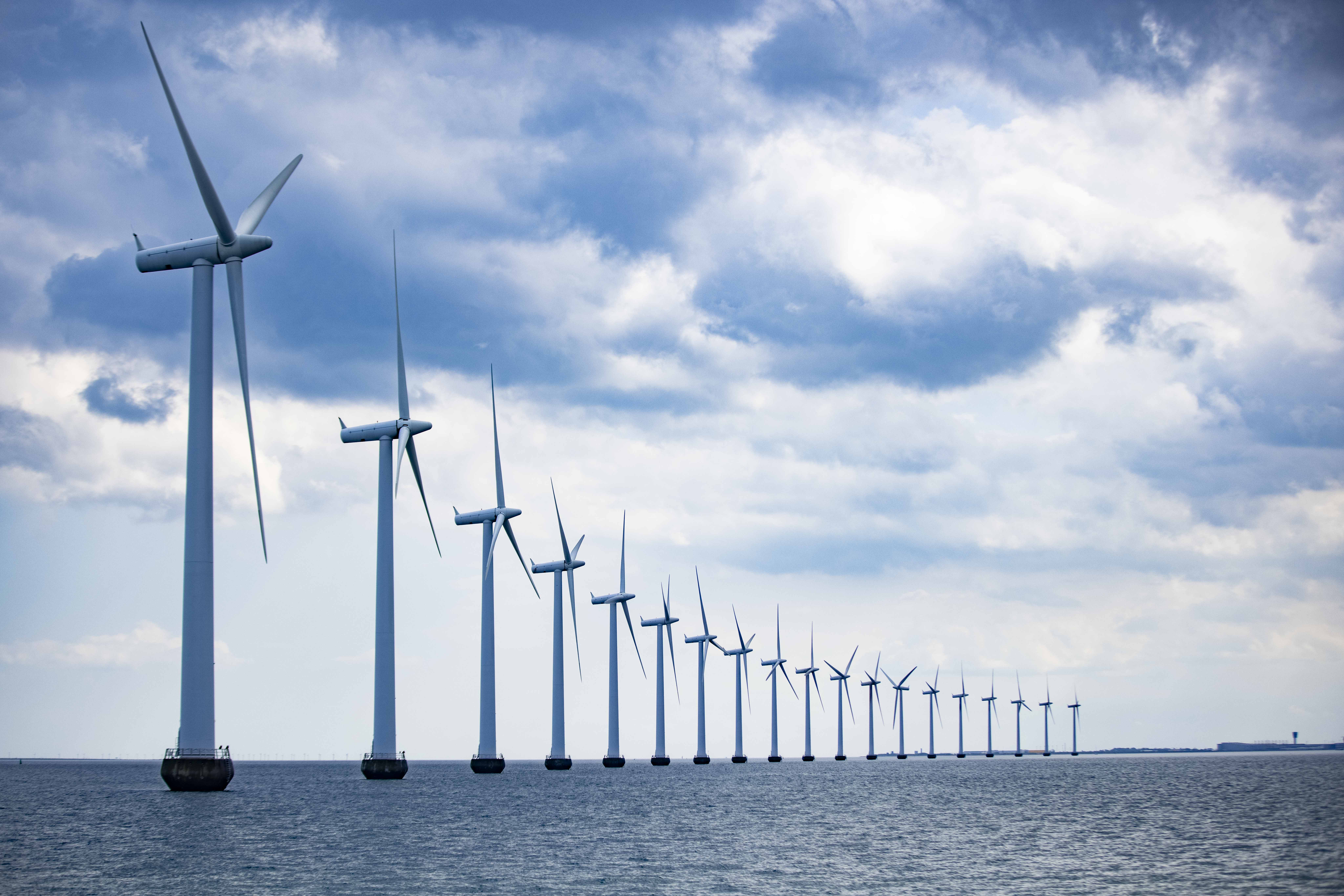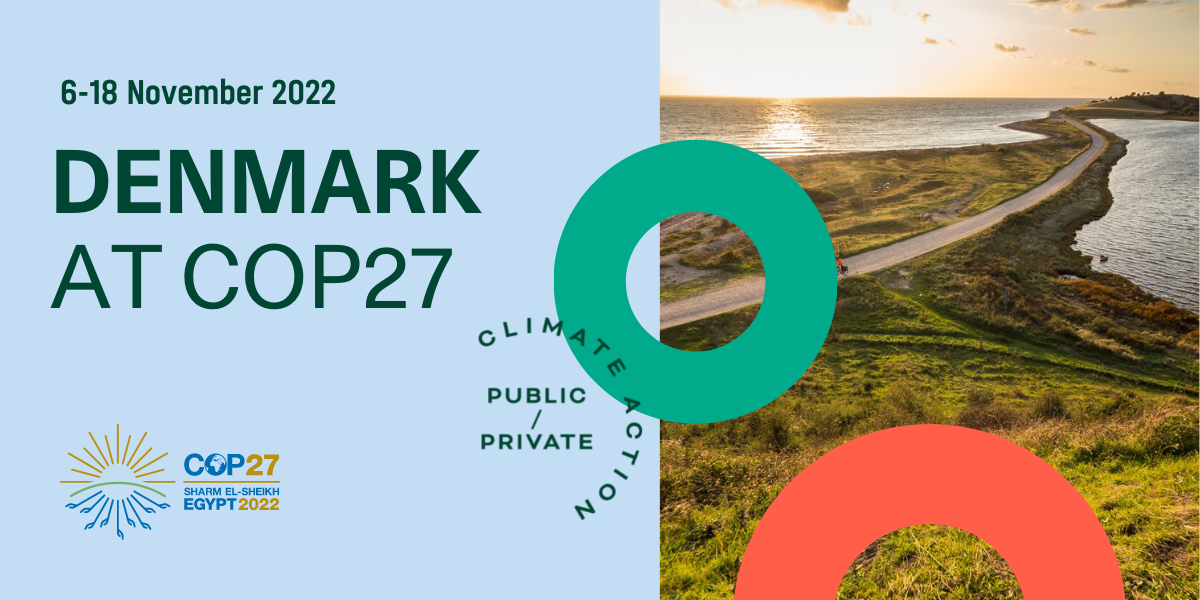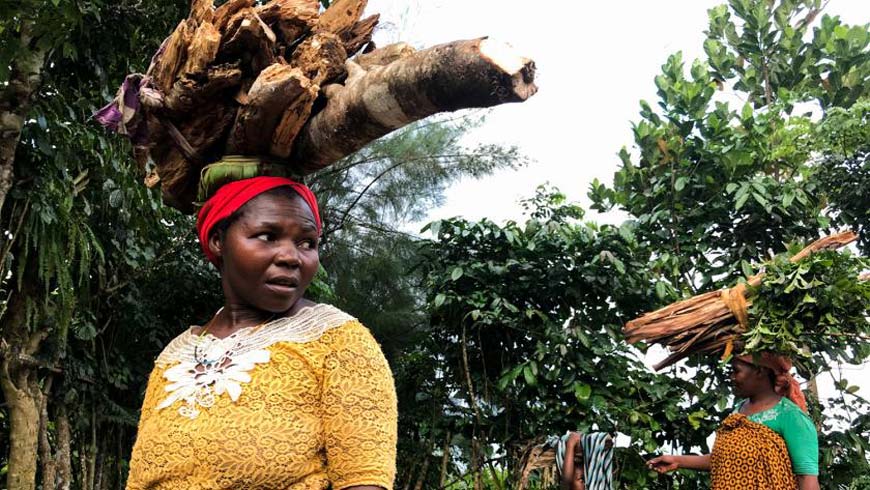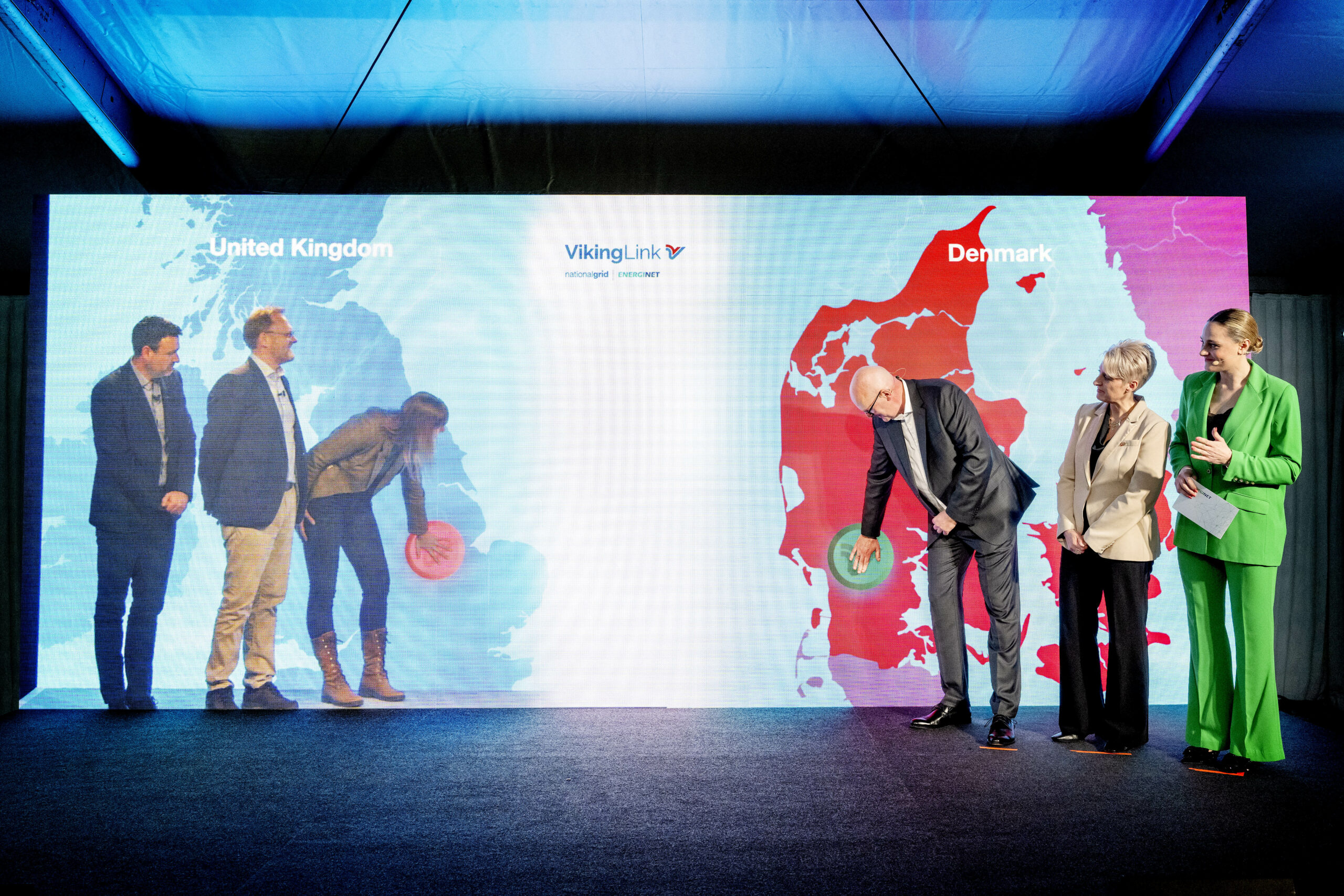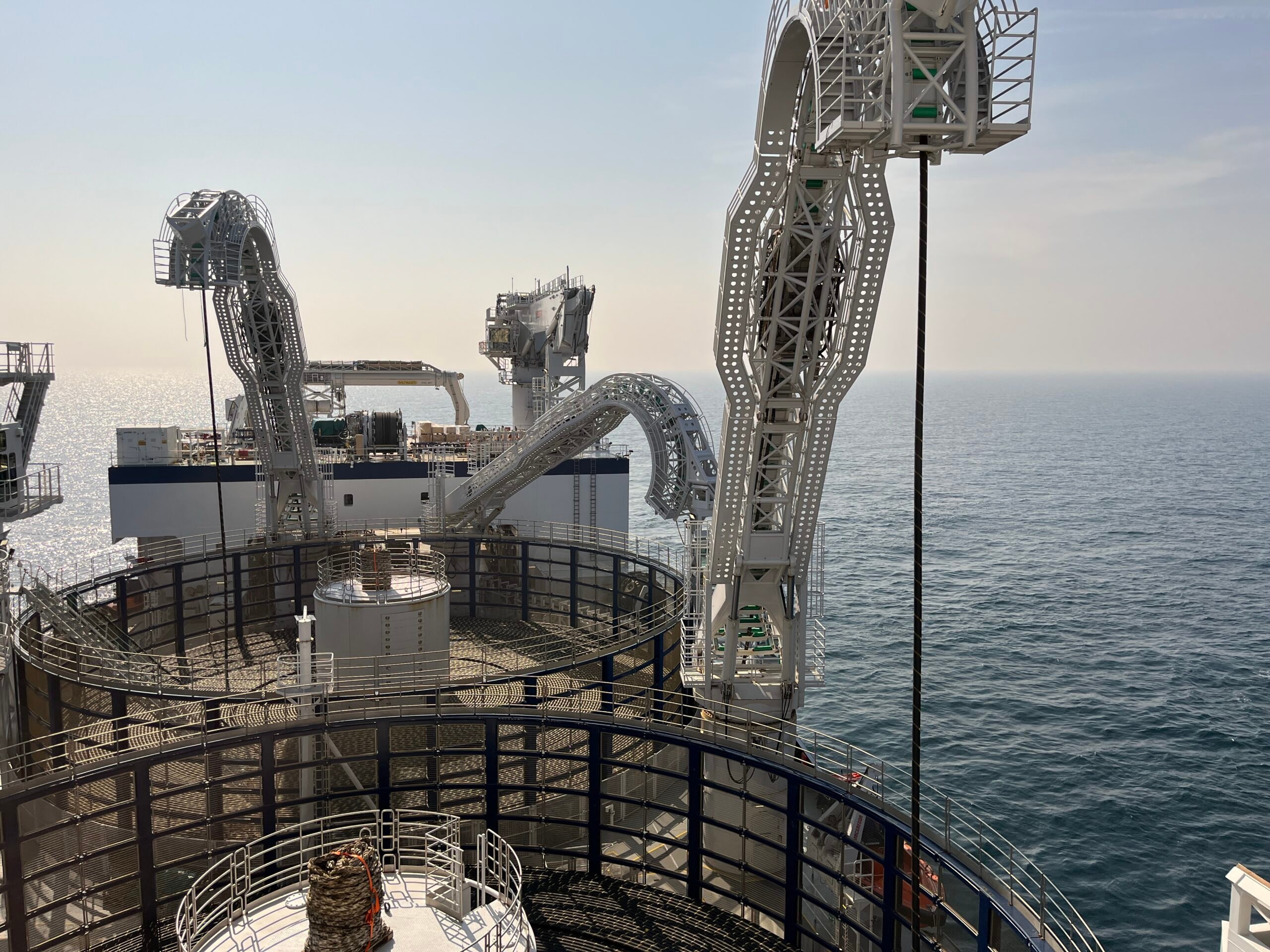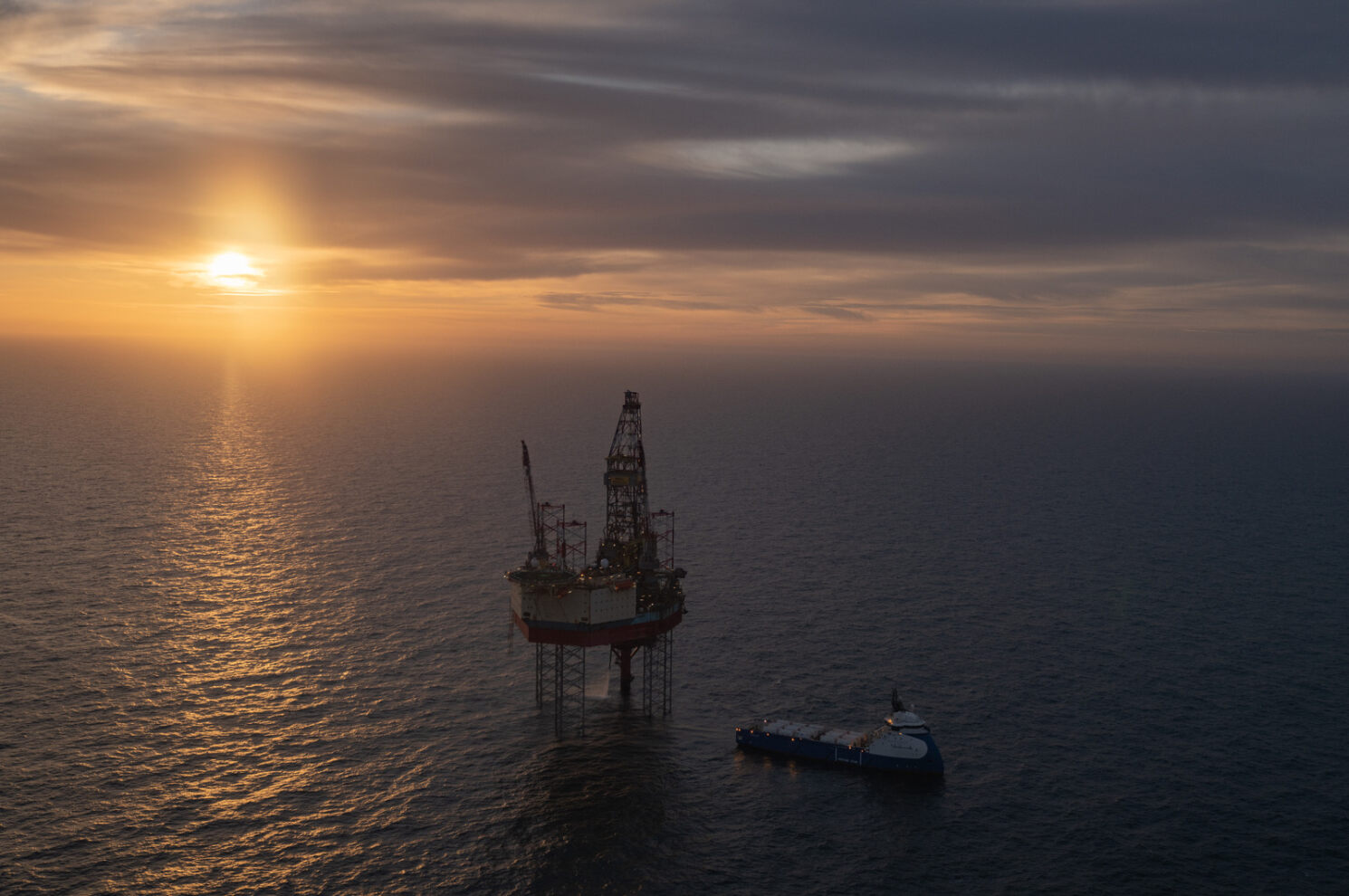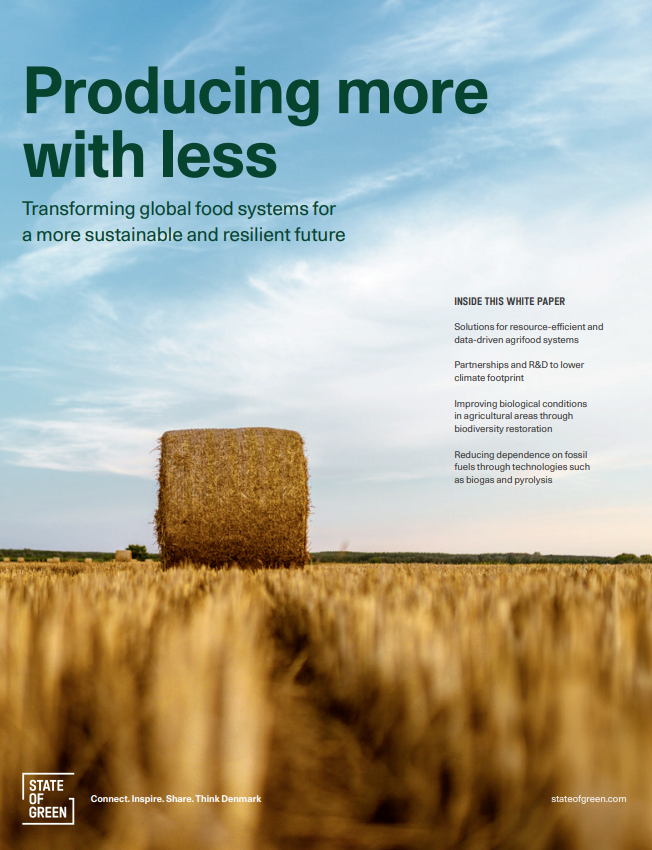Cooperation on political objectives and technical requirements
A basic precondition for growth, employment and equal opportunities is the approach to safe and clean energy. Therefore, the Danish Energy Agency cooperates with the Department of Mineral Resources and Energy (DMRE), the Independent Power Producers Office (IPPO) and Eskom on primarily three areas:
- Capacity development in energy planning and wind resource mapping
- Development of a liberalized energy market, grid planning and stability with a high proportion of renewable energy sources
- Integration of renewable energy sources and grid codes
The purpose of the cooperation is to capacity build further within these areas based on our partners specific needs. The Danish Energy Agency can contribute to more effective implementation of the South African political objectives and help to ensure that the technical requirements are in place.
In close cooperation, DMRE, IPPO, and the Danish Energy Agency will further develop competencies within energy planning and wind resource mapping to create a stronger interplay between the institutions and enable more effective implementation of South African energy policy. These measures will make it more likely that South Africa successfully achieve its climate objectives as defined in the Paris Agreement as well as a just transition. Furthermore, the Danish Energy Agency and IPPO cooperate to streamline their tender program of renewable energy sources with e.g. digital solutions and tendering planning to meet political and social objectives.
Related news: A new horizon for battery energy storage is rising in South Africa
Management tools and liberalization of the electricity market
Together, Eskom and the Danish Energy Agency will contribute to solving some of the challenges facing the South African energy system. This applies strategy, planning and technology. On a concrete level, this can e.g. be realised by creating a knowledge platform for strategic management information based on Danish experiences with the development of a liberalized electricity market. Furthermore, the programme also looks at the possibility is to ensure a more effective integration of variable renewable energy sources. The cooperation must also contribute to better capacity within energy forecasts, operational planning and re-prioritization of capacities, updated grid rules and requirements for a liberalized market for additional services.
